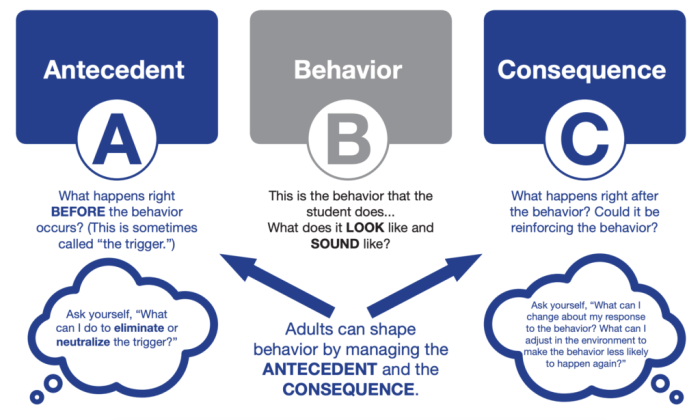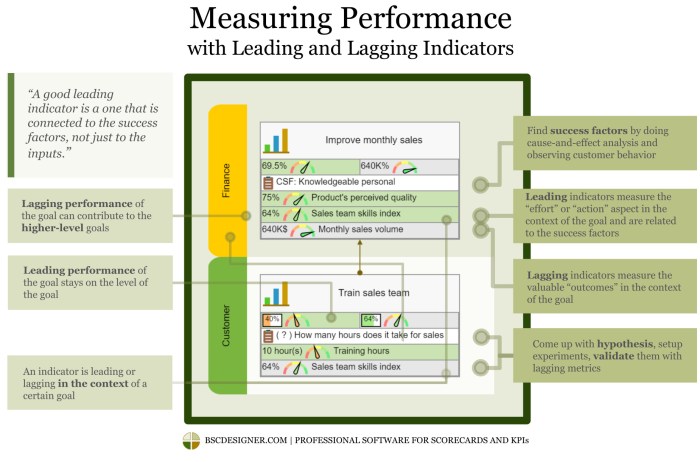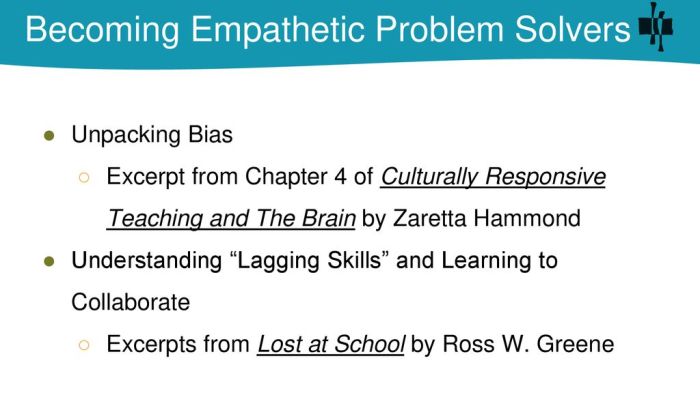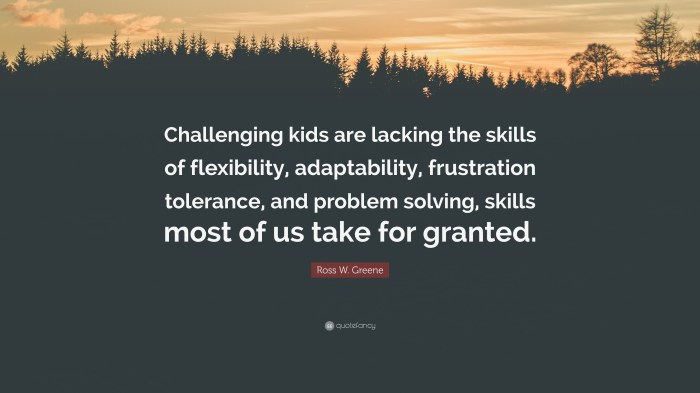The Ross Greene Lagging Skills Checklist is a valuable tool for identifying and addressing lagging skills in individuals. Developed by Dr. Ross Greene, this checklist provides a comprehensive assessment of various domains essential for social, emotional, and cognitive development. By utilizing this checklist, clinicians and educators can gain insights into an individual’s strengths and weaknesses, enabling them to develop tailored interventions that promote growth and progress.
Introduction

Ross Greene’s Lagging Skills Checklist is a comprehensive tool used to identify and assess areas where an individual may be struggling with specific skills. It is designed to help educators, parents, and therapists understand the underlying challenges an individual may face, particularly in the context of social, emotional, and behavioral difficulties.
The purpose of the checklist is to provide a detailed snapshot of an individual’s strengths and weaknesses, allowing for targeted interventions and support. It helps professionals identify specific areas where the individual may need additional support and guidance to improve their skills and overcome challenges.
2. Domains Assessed by the Checklist

The Ross Greene Lagging Skills Checklist assesses six domains, each of which is crucial for children’s development.
The domains are:
1. Emotional Control
This domain assesses a child’s ability to regulate their emotions, including their ability to manage anger, frustration, and disappointment. Children with difficulties in emotional control may exhibit impulsive behaviors, tantrums, and difficulty following directions.
2. Behavioral Control, Ross greene lagging skills checklist
This domain assesses a child’s ability to control their behavior, including their ability to follow directions, stay on task, and avoid disruptive behaviors. Children with difficulties in behavioral control may struggle to stay focused, complete assignments, and interact appropriately with others.
3. Cognitive Skills
This domain assesses a child’s cognitive abilities, including their ability to think, problem-solve, and make decisions. Children with difficulties in cognitive skills may struggle with academic tasks, such as reading, writing, and math, and may have difficulty understanding and following instructions.
4. Social Skills
This domain assesses a child’s social skills, including their ability to interact with others, build relationships, and resolve conflicts. Children with difficulties in social skills may struggle to make friends, participate in group activities, and communicate effectively with others.
5. Language and Communication Skills
This domain assesses a child’s language and communication skills, including their ability to understand and use language, both verbally and nonverbally. Children with difficulties in language and communication skills may struggle to express their thoughts and feelings, follow directions, and engage in conversations.
6. Sensory Processing Skills
This domain assesses a child’s sensory processing skills, including their ability to process and respond to sensory information from their environment. Children with difficulties in sensory processing skills may be over- or under-responsive to sensory stimuli, such as touch, sound, or light, and may struggle to regulate their sensory needs.
3

Scoring and Interpretation
The Ross Greene Lagging Skills Checklist is scored by tallying the number of items checked in each domain. Higher scores indicate greater difficulty in the corresponding area.
The following guidelines can help interpret the results:
- 0-5:No significant difficulties
- 6-10:Mild difficulties
- 11-15:Moderate difficulties
- 16-20:Severe difficulties
4. Using the Checklist in Practice

The Ross Greene Lagging Skills Checklist can be a valuable tool in clinical settings, providing a structured and comprehensive framework for assessing and addressing lagging skills in children and adolescents.To effectively use the checklist, clinicians should begin by establishing a rapport with the child or adolescent and their family.
This involves creating a safe and supportive environment where individuals feel comfortable sharing their experiences and perspectives.
Identifying Lagging Skills
Once rapport has been established, the clinician can administer the checklist. The checklist can be completed through interviews with the child or adolescent, observations of their behavior, and discussions with parents or caregivers.By reviewing the checklist, clinicians can identify areas where the child or adolescent is lagging behind their peers.
These lagging skills may be related to social, emotional, behavioral, or cognitive domains.
4: Limitations and Considerations

The Ross Greene Lagging Skills Checklist is a valuable tool for identifying areas where children may require additional support, but it is essential to recognize its limitations and consider important factors when using it.
One limitation of the checklist is that it relies on subjective observations and judgments, which can vary depending on the observer’s experience and biases. Additionally, the checklist may not capture all aspects of a child’s behavior, and it is essential to use it in conjunction with other assessment tools and observations to obtain a comprehensive understanding of the child’s needs.
Important Considerations
When using the Ross Greene Lagging Skills Checklist, it is important to consider the following:
- Cultural and Contextual Factors:The checklist may not be equally applicable across different cultural and socioeconomic contexts. It is essential to consider the child’s background and environment when interpreting the results.
- Developmental Stage:The checklist should be used in conjunction with knowledge of typical developmental milestones to ensure that the child’s lagging skills are not simply a reflection of their developmental stage.
- Collaboration with Other Professionals:It is advisable to involve other professionals, such as teachers, therapists, or psychologists, in the assessment process to obtain a more comprehensive understanding of the child’s needs.
Top FAQs: Ross Greene Lagging Skills Checklist
What are the domains assessed by the Ross Greene Lagging Skills Checklist?
The checklist assesses various domains, including problem-solving, emotional regulation, social skills, and cognitive flexibility.
How is the checklist scored and interpreted?
The checklist is scored based on observations and interviews. Scores are interpreted to identify areas where an individual may exhibit lagging skills.
How can the checklist be used in practice?
The checklist can be used to develop individualized intervention plans, monitor progress, and evaluate the effectiveness of interventions.
